Last week, President Muhammadu Buhari approved the establishment of a Public-Private Partnership styled Infrastructure company named Infra-Co with an initial seed capital of N1tn expected to grow to N15tn in assets and capital over time.
The proposed establishment will atttract private sector participation in the nation’s quest to bridge its infrastructure deficit necessary for the growth across all sectors of the economy. According to media reports, the board of Infra-Co will be chaired by the Governor, Central Bank of Nigeria (CBN); Managing Director, Nigeria Sovereign Investment Authority (NSIA); President, Africa Finance Corporation (AFC) as well as representatives of the Nigerian Governors Forum; Ministry of Finance, Budgets and National Planning including 3 independent directors from the private sector.
READ: FG expects over N1 trillion private sector investments from road concession
Nigeria’s growing infrastructure deficit remains a major concern among economic experts and stakeholders as poor infrastructure is one of the biggest impediments to smooth business operations and limiting capital inflows into the country.
There is no gainsaying that the paucity of investment in physical and social infrastructure over the years has continued to limit the growth potential of Africa’s largest economy, restricting its ability to exploit its vast amount of natural and human resources towards achieving a broad-based, sustainable and inclusive growth.
Nigeria’s infrastructure stock of c.25% of GDP remains far below the 70% international benchmark, underscoring the need for government to consider unconventional methods of financing to bridge this huge infrastructural deficit.
READ: Nigeria has lowest gold export Royalty fee in the world
In past times, several actions had been taken by the government in tackling infrastructure challenges with a combination of domestic and external borrowings to finance capital projects. However, this appears unsustainable in the long run.
The continuous underperformance in revenue targets evidenced by weak fiscal purse, elevated recurrent expenditure and high debt servicing costs have further contributed to the government’s inability to self-finance infrastructure projects. Prior to this, similar policies had been signed in previous years under the current administration but seem not to have achieved the desired impact. For instance, the Road Trust Fund (RTF) that was signed in 2017. The RTF allowed several companies to pull resources into a standalone Collective Infrastructure Fund (CIF).
READ: Lagos State Government to transform Badagry into industrial and tourism hub
Although, the scheme did not bear much fruit as private sector participation was relatively muted due to restriction on the percentage of cost that could be recovered. President Muhammadu Buhari also signed the Executive Order 007 in 2019 on Road Infrastructure Development and Refurbishment Investment Tax Credit Scheme.
In our view, tapping into private sector financing in bridging the widening infrastructure deficit is a step in the right direction. However, as with previous innovative ideas from past governments that have not yielded positive results due largely to poor implementation, we believe effective implementation and continuous monitoring of the arrangement are critical factors that should not be neglected if government is to realize the full benefits associated with the scheme.
With the recent operationalization of the African Continental Free Trade Area (AfCFTA) agreement, building its derelict infrastructural base puts the country to a better position in expanding its terrain in other African markets.
CSL Stockbrokers Limited, Lagos (CSLS) is a wholly-owned subsidiary of FCMB Group Plc and is regulated by the Securities and Exchange Commission, Nigeria. CSLS is a member of the Nigerian Stock Exchange.

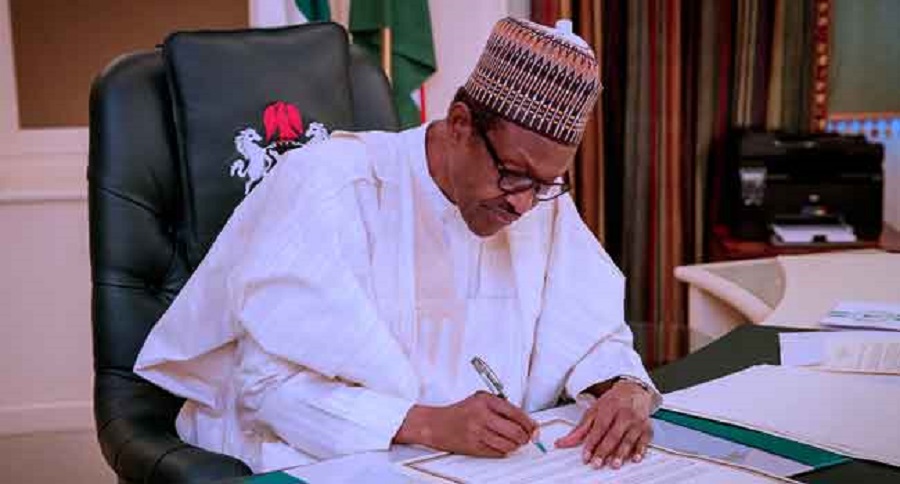




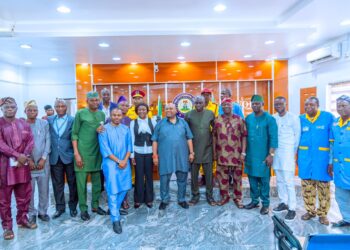
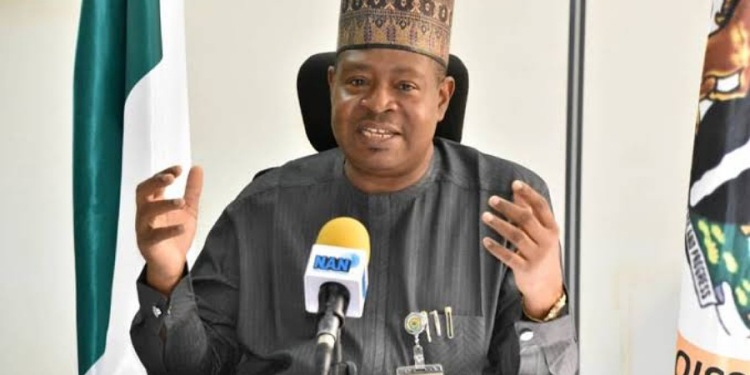

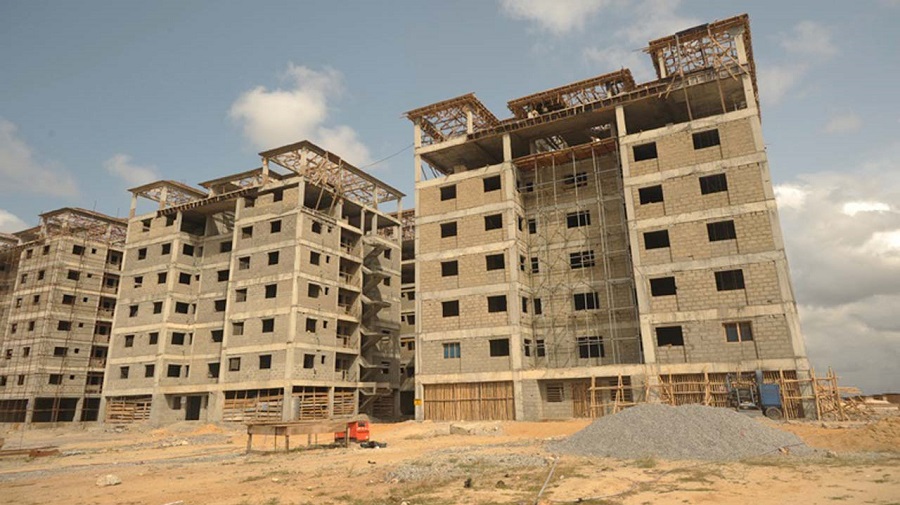
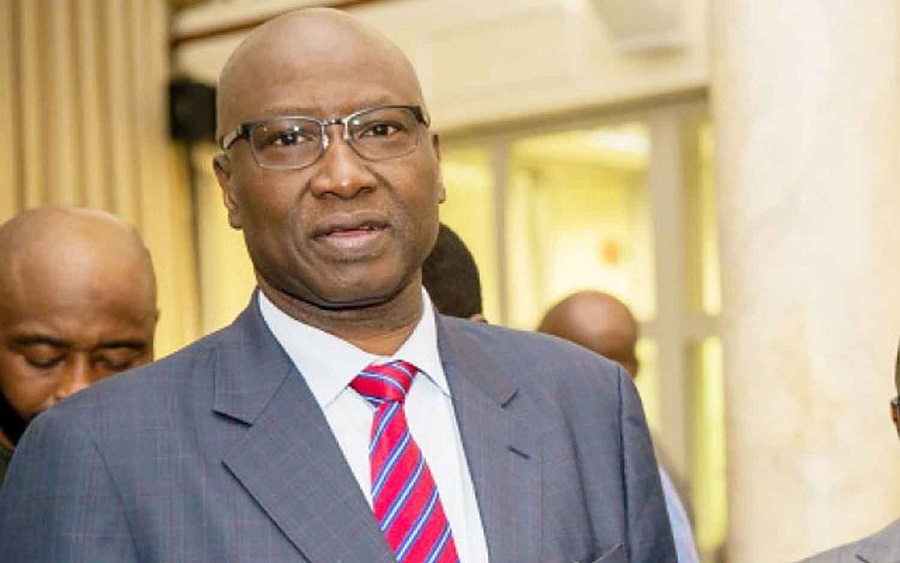
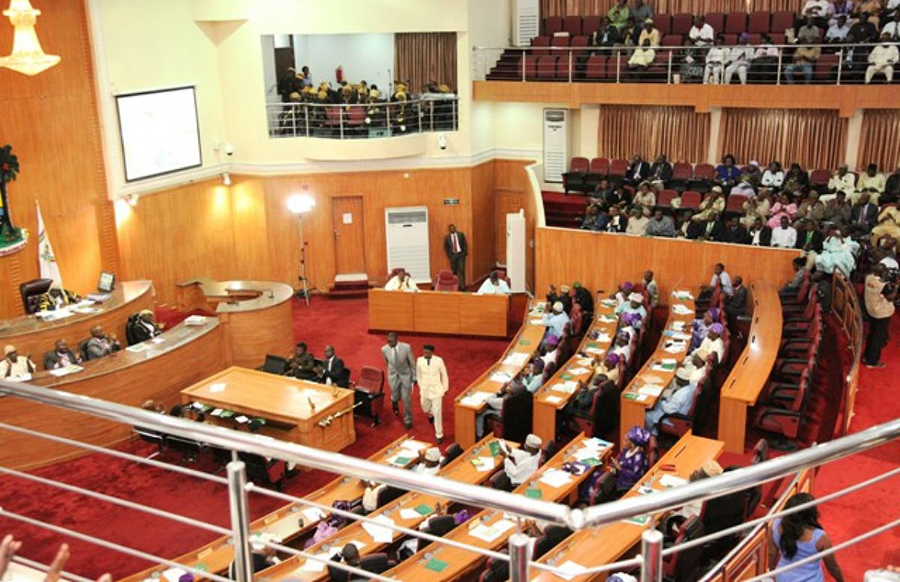
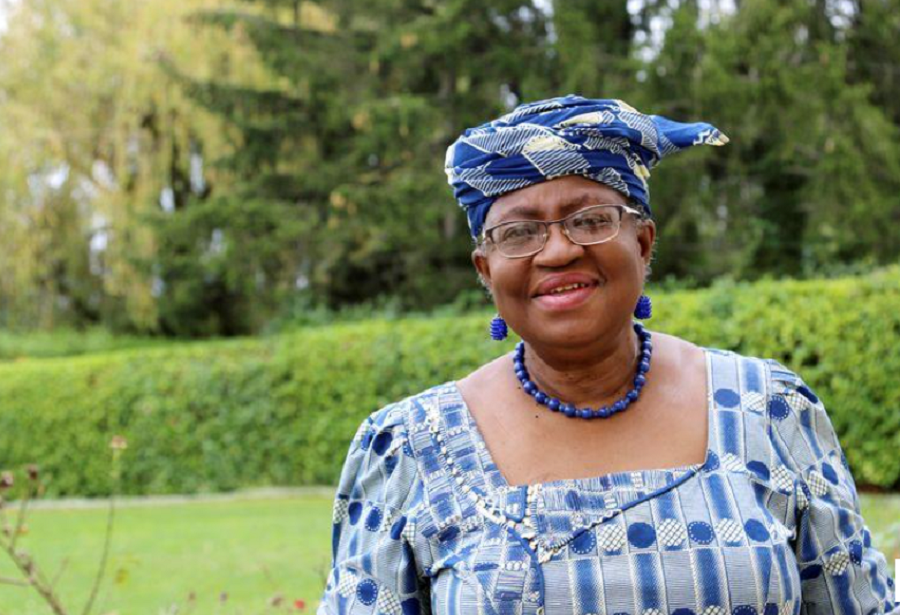











It may happen,since apc took over,they had several economic plan, and it did not happen.when a person makes a plan and it is subject to other conditions,which you cannot control,This is the major problem facing nigeria under this govt.i sees the cbn have come forward to be a stakeholder in this project.i.e the cbn can uses cheap money/create money to pushes in their aspiration.
Man proposes but god dispose,and as jesus christ said “you give to cesear what belongs to cesear and you give to God what belongs to God”
If you do not carries.e.g God plan with you,God will destroys your plan.YOU MUST CARRY THOSE STAKEHOLDER OR THOSE WHO HAVE SOME INTEREST ALONG WITH YOU OTHERWISE,THEY WILL SABOTAGE YOUR PLAN,AND THIS IS HUMAN NATURE.
i think the best plan for nigeria is for each local govt to formulate or design,(1) AN ECONOMIC PLAN TOWARD THE EMPLOYNMENT OF THOSE UNEMPLOYED YOUTH (2) A INVESTMENT AND COMPETITIVE AND CREATING A BUSINESS FRIENDLY ENVIROMENT (3) CAN EACH LGA BUILT SOME COMMUNITY UNIVERSITY OR COLLEGE,now the centre is too strong,while the branches are weak,in nigeria in some state you can find some tribe with their culture be contain in about 2 local govt area especially in north nigeria
They can be allowed to uses deficit in their annual budget,they can balances their budget,through (1)increasing economic activities(2)create new local taxes or rates. we must not uses conventional thinking for nigeria or africa to recovers from (1)the arabs occupying our lands in north africa or the europeans settling in our land by europeans in south africa(2) the trading in african slaves by european and colonization.HIP HIP Ffor awaking black african conciousness and african nationalism
Pharoah shiask in the bible was a black african man from libya though he was born in ancient egypt,the libya’s dynasty lasted for 200 yrs.Aria of the Christian heresay was a black african man from libya,Elucid was a black man from libya,elucid was famous for formulate his geomentry theoroem,if i got his name correctly